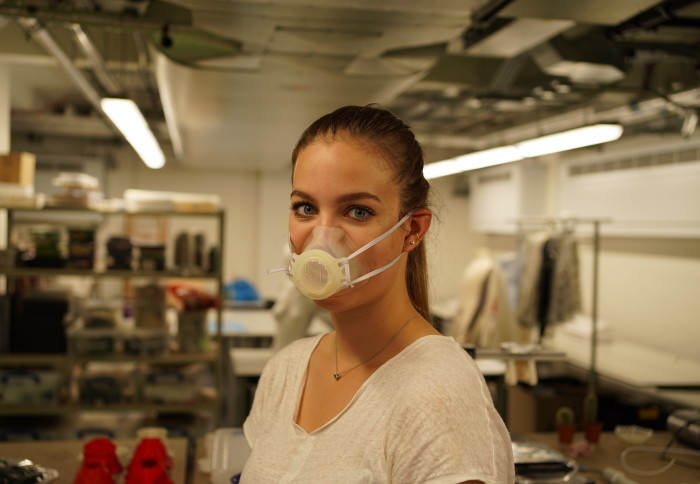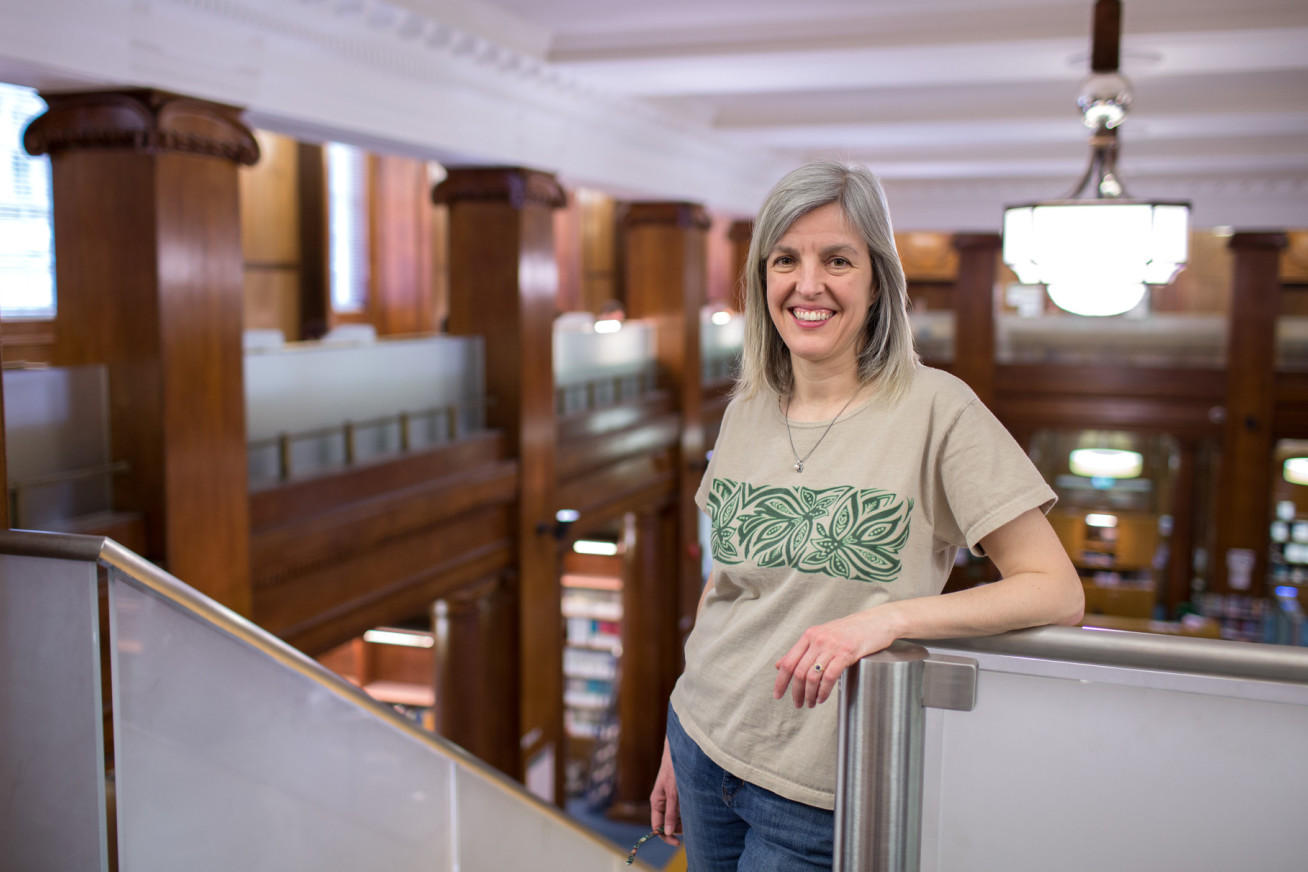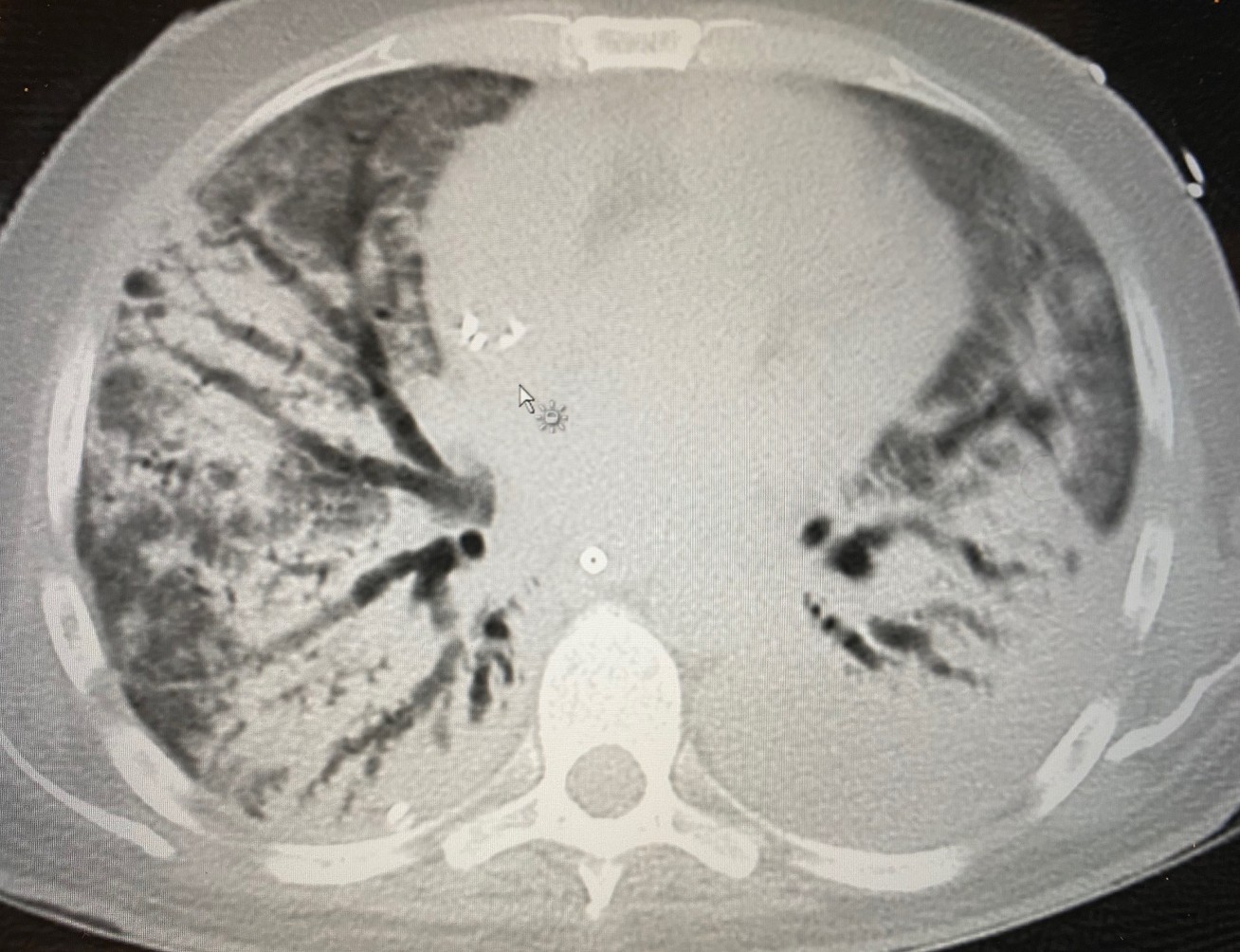
The custom-made masks being developed by Dr Connor Myant
Global S&T Development Trend Analysis Platform of Resources and Environment
| High-impact COVID-19 projects strengthened by Community Jameel fund | |
| admin | |
| 2020-07-17 | |
| 发布年 | 2020 |
| 语种 | 英语 |
| 国家 | 英国 |
| 领域 | 资源环境 |
| 正文(英文) | 
The custom-made masks being developed by Dr Connor Myant 
A new fund supported by Community Jameel is driving the scale-up of projects that could have a major impact in the global fight against COVID-19. The projects, which range from new diagnostic tools to custom PPE manufacturing, are advancing our understanding of the disease and its impact, as well as unlocking new avenues for international efforts to prevent, diagnose and treat it. The £1 million Community Jameel Imperial College COVID-19 Excellence Fund provides financial support research into the impact, understanding, prevention, diagnosis, and treatment of COVID-19. It provides grants of up to £200,000 to rapidly scale up high-impact projects. The fund is supported by donations from Community Jameel, the global philanthropy founded by Mohammed Jameel KBE, and Imperial’s President’s Excellent Fund. It sits alongside Imperial’s COVID-19 Response Fund, which provides rapid and flexible smaller pots of funding for projects across the College, as well as supporting staff and students working on the frontlines of the crisis in hospitals. Understanding COVID-19
Dr Edward Mullins and Professor Christl Donnelly are leading a study evaluating the timing and extent of community spread of COVID-19 in North West London from December 2019 to June 2020 by anonymously testing existing serum samples that were taken as part of routine antenatal care for pregnant women in the region. The results will provide insights to community transmission risks over the course of the pandemic, as well as inform policy on the management of pregnant women in a future wave of the pandemic. Neurological complications are common in respiratory viral infections, and there is growing concern that of the potential for COVID-19 to affect the nervous system as highlighted by reported symptoms such as a loss or change of taste and smell. Dr Javier Alegre-Abarrategui, from the Department of Brain Sciences, is investigating COVID- 19 in human brain and its potential role in triggering long term neurological disease. Identifying new therapies
Professor Ian Adcock, from the National Heart and Lung Institute, aims to investigate the key driving signatures of fibrosis and necrosis in the lungs in COVID-19 patients and relate these to drug-response signatures. The study uses lung samples obtained from the ongoing DeVENT trial. This will identify whether it is possible to repurpose current drugs to treat specific groups of patients with severe COVID-19 patients in ICU or define pathways that are likely to respond to other currently available therapies. Dr James Peters and colleagues from the Centre for Inflammatory Disease and the Imperial NHS Trust Renal and Transplant Centre are conducting a longitudinal study of patients with End-Stage Kidney Disease – a group at high risk of severe COVID-19 - measuring gene and protein expression signatures in immune cells to better understand the biological mechanisms underlying severe disease. They hope that this might help identify existing drugs that could be repurposed as safer and more effective treatments for COVID-19 than dexamethasone, which is the only drug shown to reduce mortality in randomised trials to date Monitoring and testingThe difference in patient response to COVID19 infection is stark from mild to fatal. Professor Brendan Delaney, from the Department of Surgery and Cancer, is looking to develop and validate a score for predicting risk of deterioration in COVID-19 patients. The tool, known as RECAP (Remote COVID-19 Assessment in Primary Care) would help identify patients who need closer monitoring and escalation of care in primary care settings, such as GP surgeries. The project is a collaboration with Professor Trisha Greenhalgh from the Nuffield Department of Primary Care, University of Oxford.
Innovative PPE
These projects will all start immediately and will report back on progress over the coming months.
|
| URL | 查看原文 |
| 来源平台 | Imperial College London |
| 文献类型 | 新闻 |
| 条目标识符 | http://119.78.100.173/C666/handle/2XK7JSWQ/284099 |
| 专题 | 资源环境科学 |
| 推荐引用方式 GB/T 7714 | admin. High-impact COVID-19 projects strengthened by Community Jameel fund. 2020. |
| 条目包含的文件 | 条目无相关文件。 | |||||
| 个性服务 |
| 推荐该条目 |
| 保存到收藏夹 |
| 查看访问统计 |
| 导出为Endnote文件 |
| 谷歌学术 |
| 谷歌学术中相似的文章 |
| [admin]的文章 |
| 百度学术 |
| 百度学术中相似的文章 |
| [admin]的文章 |
| 必应学术 |
| 必应学术中相似的文章 |
| [admin]的文章 |
| 相关权益政策 |
| 暂无数据 |
| 收藏/分享 |
除非特别说明,本系统中所有内容都受版权保护,并保留所有权利。
修改评论